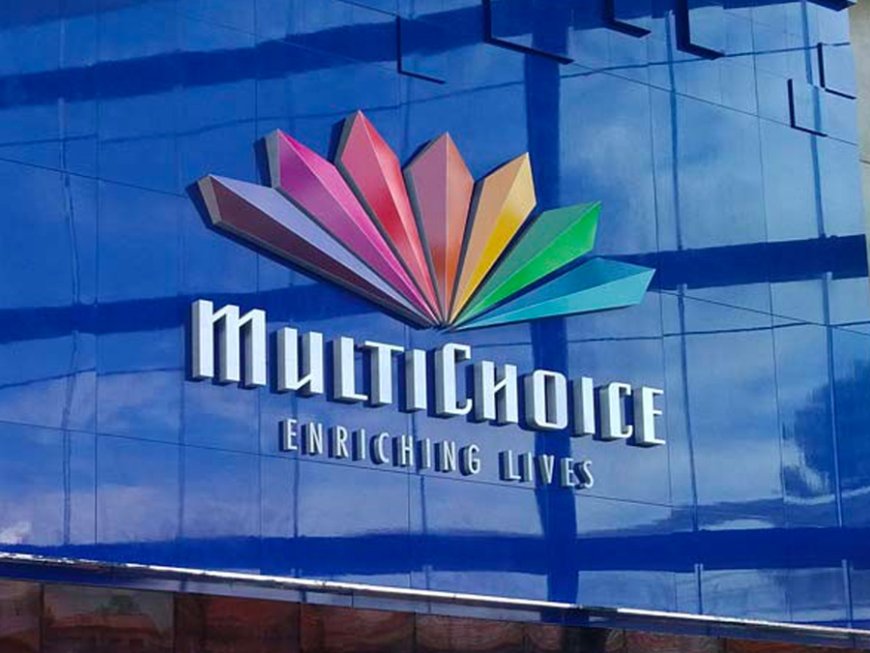Minority MPs Slam Sam George Over “U-Turn” on DStv Price Cuts
JHNews || Minority NPP MPs are pressing Sam George over what they call a flip-flop—demanding a 30% DStv price cut initially, he now offers added value instead. They accuse him of backtracking and demand accountability.

The controversy surrounding DStv subscription rates has taken a new twist in Parliament, as Minority MPs are accusing Communications Minister Samuel Nartey George of making a dramatic U-turn on his earlier promise of a 30% price reduction for Ghanaian consumers.
Just months ago, George led a fiery campaign insisting that MultiChoice Ghana must slash subscription rates by at least 30% to ease the burden on citizens grappling with economic hardship. That uncompromising stance won him public praise and positioned him as a defender of consumer rights.
However, the Minority now argues that George has abandoned that promise, settling instead for what he describes as a “value enhancement” model. Under this new arrangement, DStv will not reduce subscription costs but will expand content—offering between 33% to 50% more channels depending on subscription tiers.
Minority MPs Cry Betrayal
The NPP Minority insists this shift is not only a betrayal of Ghanaians but also exposes George’s inconsistency. They accuse him of playing politics with the frustrations of ordinary people who expected direct financial relief.
“Ghanaians were promised price cuts, not smoke and mirrors,” one Minority MP fumed. “Adding more channels without reducing costs doesn’t pay the bills. People wanted affordable access, not bloated packages they didn’t ask for.”
According to them, George’s U-turn is “cosmetic relief” that fails to address the real problem—skyrocketing subscription costs that squeeze households already battered by economic pressures.
Sam George Defends His Position
In his defense, George insists that the so-called U-turn is not a betrayal but a strategic adjustment. He argues that the “value upgrade” is a more sustainable model than forced price cuts, which he claims could have led to service disruptions, layoffs, or even withdrawal of MultiChoice operations from Ghana.
“What we have achieved is historic. For the first time, DStv subscribers in Ghana are getting more for the same price. This is a win for consumers and for the industry,” George said in response to his critics.
He also maintained that the ministry is still monitoring DStv’s operations and reserves the right to revisit price reduction negotiations if consumer interests are not adequately protected.
Public Divided
The development has left many Ghanaians divided. While some welcome the added content, others argue that families struggling with electricity and data bills cannot eat “extra channels.”
Civil society groups are calling for an independent review of subscription models, urging government to balance affordability with the sustainability of pay-TV operators.
With the debate raging, the DStv saga has become a political test case for whether government can truly deliver tangible relief to citizens—or merely negotiate cosmetic concessions dressed as progress.




 HENRY GERCHI
HENRY GERCHI 












